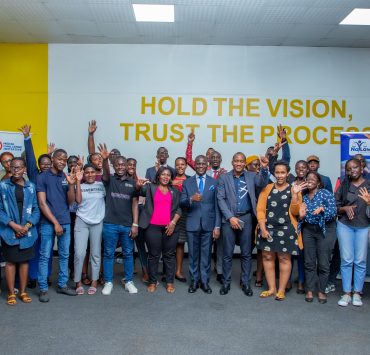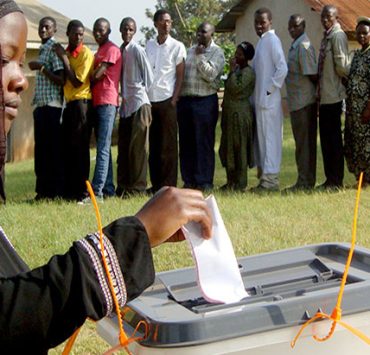Harnessing Refugee Potential: How Legal Reforms Can Drive Uganda’s Economic Growth

Uganda ranks 5th globally and 1st in Africa in the world refugee hosting index, thanks to its progressive laws and open-door policy for refugees. With over 1.6 million individuals seeking safety from countries such as the DRC, Sudan, Somalia, Eritrea, and Ethiopia, Uganda welcomed more than 99,052 refugees and asylum seekers last year alone.
The cornerstone of Uganda’s humanitarian action is the Refugee Act (2006), signed into law on May 24th, 2006. This Act ensures that refugee status is granted and maintained with careful consideration, emphasising the protection of individuals fleeing persecution and the safeguarding of international peace and security.
The Act qualified individuals for refugee status based on a well-founded fear of persecution due to race, religion, nationality, social group, or political opinion, and their inability or unwillingness to return to their home country.
 It also establishes the criteria for cessation or disqualification of refugee status, such as committing crimes against peace, war crimes, or crimes against humanity, as defined by international instruments.
It also establishes the criteria for cessation or disqualification of refugee status, such as committing crimes against peace, war crimes, or crimes against humanity, as defined by international instruments.
Refugee status may cease if the individual voluntarily re-establishes themselves in their home country, surrenders refugee status, or acquires citizenship in another country.
Anchored in the 2006 Refugee Act and 2010 Refugee Regulations, Uganda’s legal framework ensures refugees’ access to national services, including education and healthcare. This fosters peaceful coexistence between refugees and host communities, exemplified by shared access to health centres and schools.
Refugees primarily reside in settlements across twelve districts, coexisting with host communities despite economic and environmental challenges. In these settlements, refugees receive land for housing and cultivation, promoting self-sufficiency and integration into local communities.
Urban refugees, comprising 8% of the total registered refugee population, benefit from Uganda’s progressive policies granting freedom of movement and the right to work and own property.
However, despite these progressive policies, refugees continue to face challenges accessing economic opportunities due to language barriers, limited access to SIM cards and identification documents, and issues with accreditation. These challenges hinder their ability to participate fully in the country’s workforce.
With nearly 1.5 million refugees in Uganda from across the region, Uganda’s pool would not only be diverse but also have the potential to increase the country’s tax base. The plight of refugees should be addressed not just by foreign aid agencies but as a broader national issue. This requires policy and institutional reforms to propel socio-economic impact and maximise the contributions of refugees to host communities and the country, thereby consolidating economic growth.
Refugees have a lot to offer host countries, and it would be shortsighted to view them solely as dependents relying on small plots of land and international relief aid. While such aid is commendable, it is not sustainable and could ultimately burden the country socio-economically. Strong legal reforms would enable effective functionality of systems across various sectors, allowing a more proactive approach to refugee challenges.
By addressing population increases and resource limitations, these reforms would empower refugees to utilise their existing skills, talents, and qualifications. This would enable them to innovate, establish businesses, and share their wealth and human capital with the nation, actively contributing to a growing and sustainable economy.
If Uganda is the top destination for refugees in Africa, it can also be argued that it possesses all the favourable conditions to facilitate economic advancements. By implementing better legal reforms and strengthening institutions, Uganda can not only maintain its position as a leading refugee host but also achieve better economic prospects for both refugees and itself.
In conclusion, transforming Uganda’s refugee hosting into economic prosperity requires comprehensive legal reforms and stronger institutions. These changes will empower refugees to contribute significantly to the country’s economy, enhancing political participation, promoting peace and tolerance, and strengthening trust in institutions. By leveraging the skills and talents of refugees, Uganda can ensure sustainable economic growth and consolidate its position as a leading refugee host in Africa and the world.




